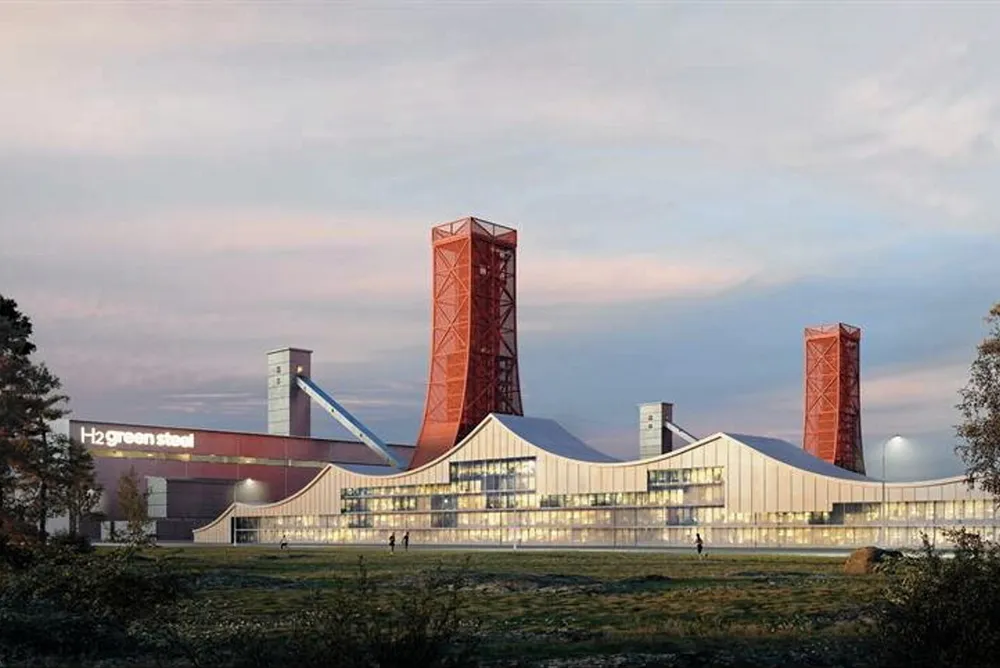H2 Green Steel's world-leading hydrogen-based steel project at risk after grid connection 'illegally' denied
Move by Vattenfall could prevent start-up's doubling of production capacity that had been scheduled to start as early as 2028

Move by Vattenfall could prevent start-up's doubling of production capacity that had been scheduled to start as early as 2028
